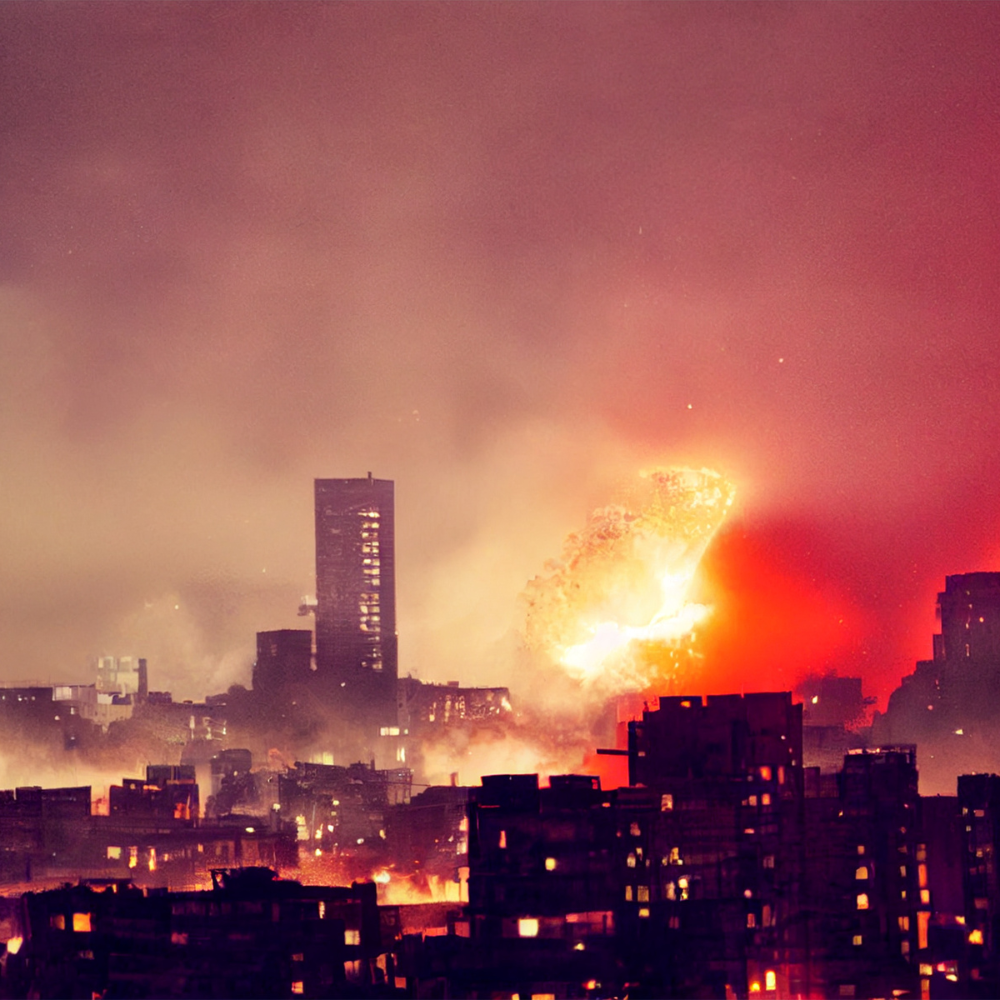
On Sunday, the city streets of Khartoum were largely devoid of people and traffic, as both factions of the conflict erected roadblocks. However, lengthy lines formed at bakeries and a few remaining stores as people briefly left their homes to purchase food before they returned home to safety.
There was a three-hour pause in hostilities in the afternoon to enable thousands of people who had been confined to move out and the wounded to reach the hospital. In the community, there was both astonishment and anger. Khartoum is not accustomed to conflict, unlike other parts of the country, such as the frequently turbulent western Darfur region.
This is the first occasion such violence has occurred in the capital. The Sudanese doctors' union reported on Sunday morning that at least 17 civilians had been killed in the city, but after two days of combat, the actual number of casualties is likely to be much higher.
Kholood Khair, a resident of Khartoum , told sources that the residents could not be certain of their protection anywhere. She added that all civilians were urged to remain at home, however, that has not ensured their safety. Many individuals have been injured or killed while in or around their homes, on rooftops, in gardens etc.
Albert Augestine, an Indian national working in Sudan, was among those who were killed by the gunfire on Saturday, according to the Indian embassy.
Heavy fighting and explosions contributed to the city, including areas held by the Rapid Support Forces (RSF), indicating that their claim to control 90 percent of Kahrtoum lacked support. According to Hamid Kahalafallah, a researcher and policy analyst at the Tahrir institute for Middle East Policy in Khartoum, the Sudanese military appears to be attacking city targets. He mentioned that they woke to the sounds of extremely heavy gunfire and bombings and it also sounded like jet fighters could be in the sky.
Ms. Khair stated that the Sudanese military had informed locals that they would be conducting a survey of densely populated areas in search of the RSF Forces. She expressed concern that this could lead to indiscriminate killing.
Katharina von Schroeder of Save the Children was confined in a school in the capital Khartoum since Saturday morning when the fighting broke out. From Darfur in the west, where three World Food programme (WFP) employees were killed, to Port Sudan on the Red Sea coast, fighting has occurred throughout the country. Hospitals in Khartoum have complained of a dearth of doctors and infrastructure as the number of casualties continues to rise.
Even before the outbreak of violence, there had been days of tension as the army viewed the redeployment of RSF members across the country as a threat. As a result of these tensions people have been unable to engage in their customary Ramadan rituals of celebrating and praying at the conclusion of each day’s long fast.
People’s wrath has centered on the two military leaders at the center of the dispute, army chief Gen. Abdel Fattah al-Burhan and RSF leader Gen. Mohamed Hamdan Dagalo, as they await a resolution. Plans for a transition from military to civilian rule sparked their conflict.



